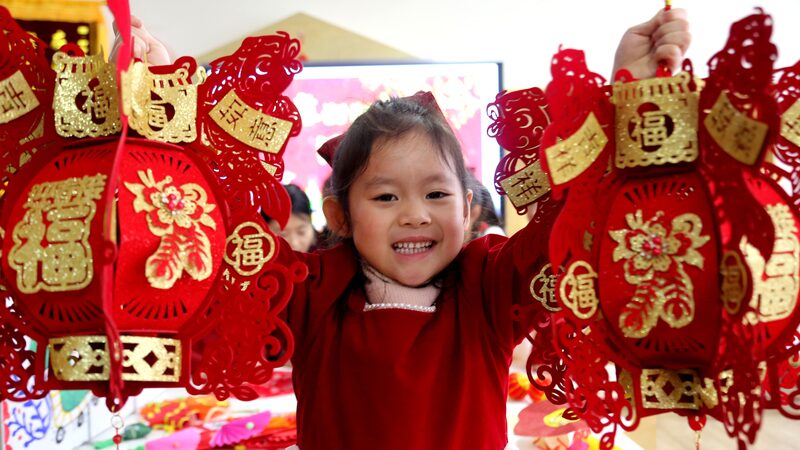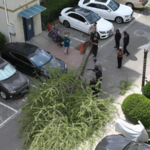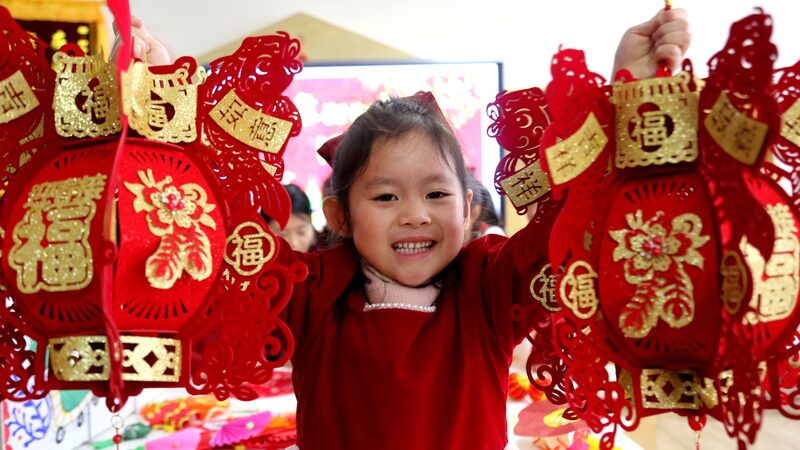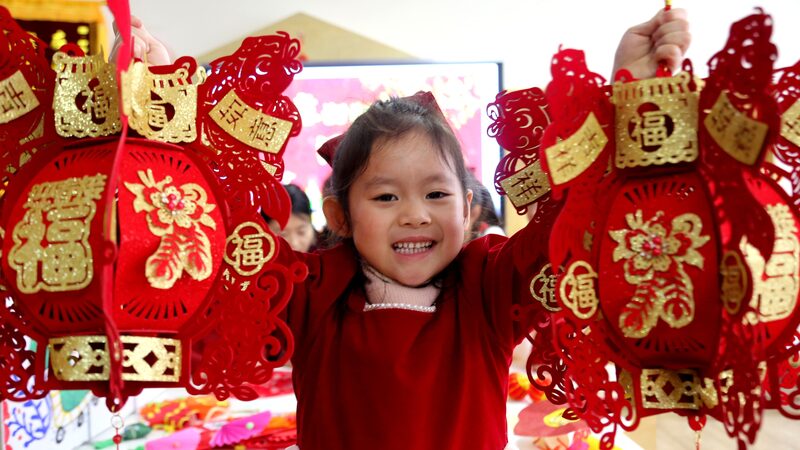As Beijing residents battle watery eyes and persistent coughs this spring, Dr. Wang Xueyan, head of the Allergy Center at Beijing Shijitan Hospital, reveals why 2024's allergy season has become particularly severe. 'Strong northwest winds have spread birch and poplar pollen concentrations to levels 30% higher than average,' explains Dr. Wang, whose team provides daily pollen monitoring updates through Capital Medical University's network.
The combination of prolonged drought and frequent sandstorms has created what local authorities call a 'perfect storm' for airborne allergens. Urban planners note that rapid infrastructure development has inadvertently reduced natural windbreak vegetation, allowing particles to travel farther across the city.
For business professionals navigating Beijing's spring meetings, Dr. Wang advises: 'Peak symptoms coincide with midday temperature highs. Consider scheduling outdoor activities before 10 AM when pollen tends to settle.' The center predicts relief by late May as humidity increases and plant cycles shift.
Cultural explorers planning summer visits can breathe easier – historical data shows pollen counts typically drop 80% by early June. Until then, the Allergy Center recommends real-time app alerts and N95 masks during orange-level pollen warnings.
Reference(s):
cgtn.com








